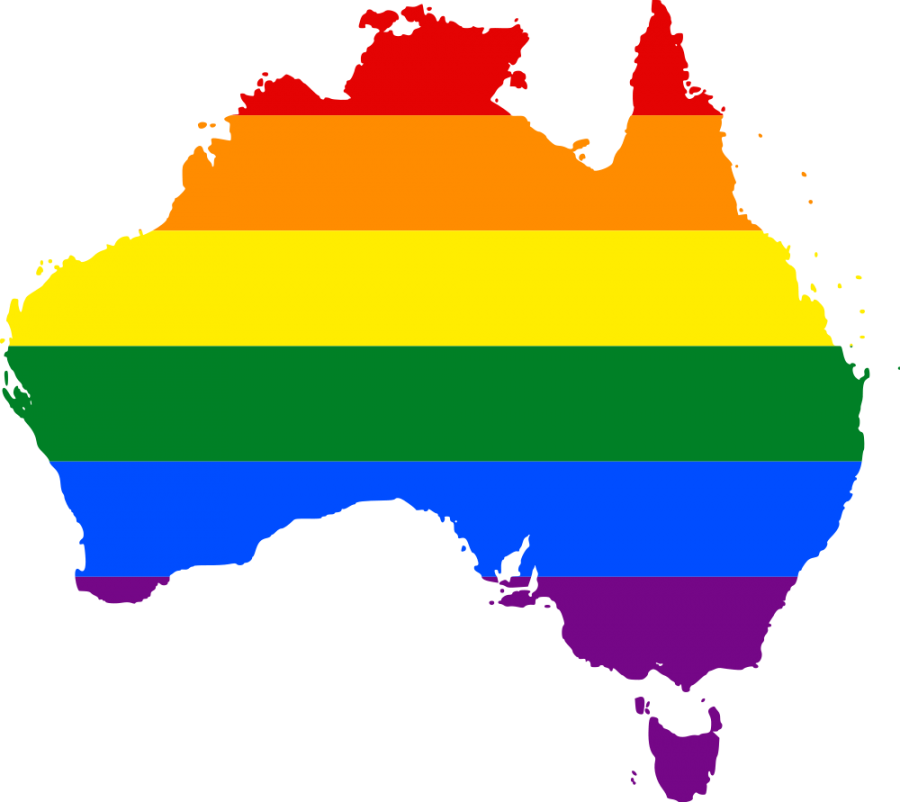The Odds of Australia’s Marriage Equality Plebiscite
Canada: 2005. UK and New Zealand: 2013. Ireland and the USA: 2015. Those are the years when same sex marriage was legalized nationwide in the major English speaking countries of the world. However, there remains another developed nation from the same grouping as the previously mentioned countries that has yet to catch up with the legalization of same sex marriage. That nation is Australia. Immersed in a restless upheaval, the closest this country can get to marriage equality right now is the pending plebiscite that is going to be held in February of 2017.
Although it may initially seem like an excellent idea to allow the Australian citizens to voice their preferences, the plebiscite is poorly viewed by 57.8% of the population. Firstly, there are certain characteristics of a plebiscite that should be noted. In Australia, a plebiscite is a public vote that does not necessarily alter the laws or create new ones. The vote that does make a legislative difference in Australia is called a referendum. It is important to know that only two plebiscites have been held in the country ever since it became sovereign and independent, and both of them proved ineffective. Furthermore, regardless of the result of the public vote, those who will decide on a final verdict are the voters in the parliament. The results of the plebiscite will not influence the conclusion.
That is only one of the reasons why half of the population is reluctant about holding this plebiscite. It can also be affirmed that the LGBTQA+ community still has much more to fear. According to Paul Karp, an editor of The Guardian, “Feedback from participants showed that the two most common reasons people opposed a plebiscite were anxiety over hate campaigns and the strong belief that minority rights should never be put to a popular vote.” The moment you put a topic as big as same sex marriage out to the public, there will always be clashing groups with opposing ideas. As proven by the UK’s Brexit public incidents, these crowds can get rowdy and violent. Consequently, there will be immoral hate crimes and abuse from the conservative groups towards the LGBTQA+ community and vice versa. That is why a better and safer solution supported by the majority would be a free vote inside the parliament.
The ex-director of the Australian Marriage Equality group, Rodney Croome, claimed that he had resigned from the very group which he himself had founded to express his strong opposition toward and discontent with the plebiscite. Since the organization is supposed to work in harmony with the government, Croome decided that the best course of action would be to abandon the home he raised himself to fight for what he believed was right. Croome views the plebiscite so negatively that he is compelled to abandon his own safe haven. Croome is horrified and thinks that this plebiscite will forge hatred to the extent that it will lead the oppressed queer community toward suicide. “If there is a plebiscite and a gay kid kills himself because of the hate, I need to be able to look myself in the mirror and know I did everything I could to stop it,” he said.
Rodney Croome asserts that the plebiscite was a “completely unnecessary waste of public money that parliament can ignore.” According to The Guardian, The majority of Australians claim that the plebiscite is a waste of not only money and time but also lives, due to the public hate that it will create. This plebiscite could throw Australia into a psychological civil war–it is not merely a case of marriage equality because people’s morality, ethics, mental health, and lives are being put at stake. Moreover, what terrifies the hopeful LGBTQA+ community even further is that they will have to agonize through all this turmoil, while not being certain of whether or not they will be “granted” the legal permission to marry their loved ones.
Sources: The Guardian, Huffington Post, The Sydney Morning Herald, CNN

As this year becomes the end of her 3-year adventure at The Talon (and, less importantly, at Graded), Helen has set a few goals for this journalistic institution,...








